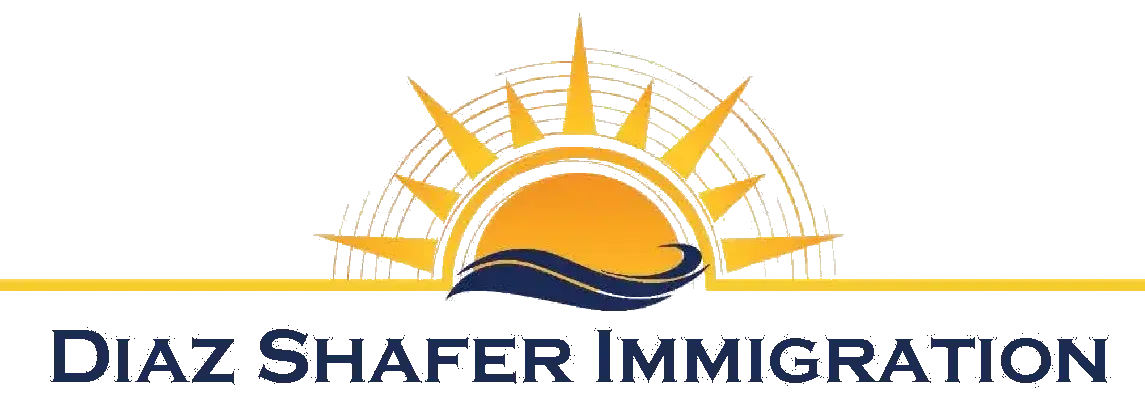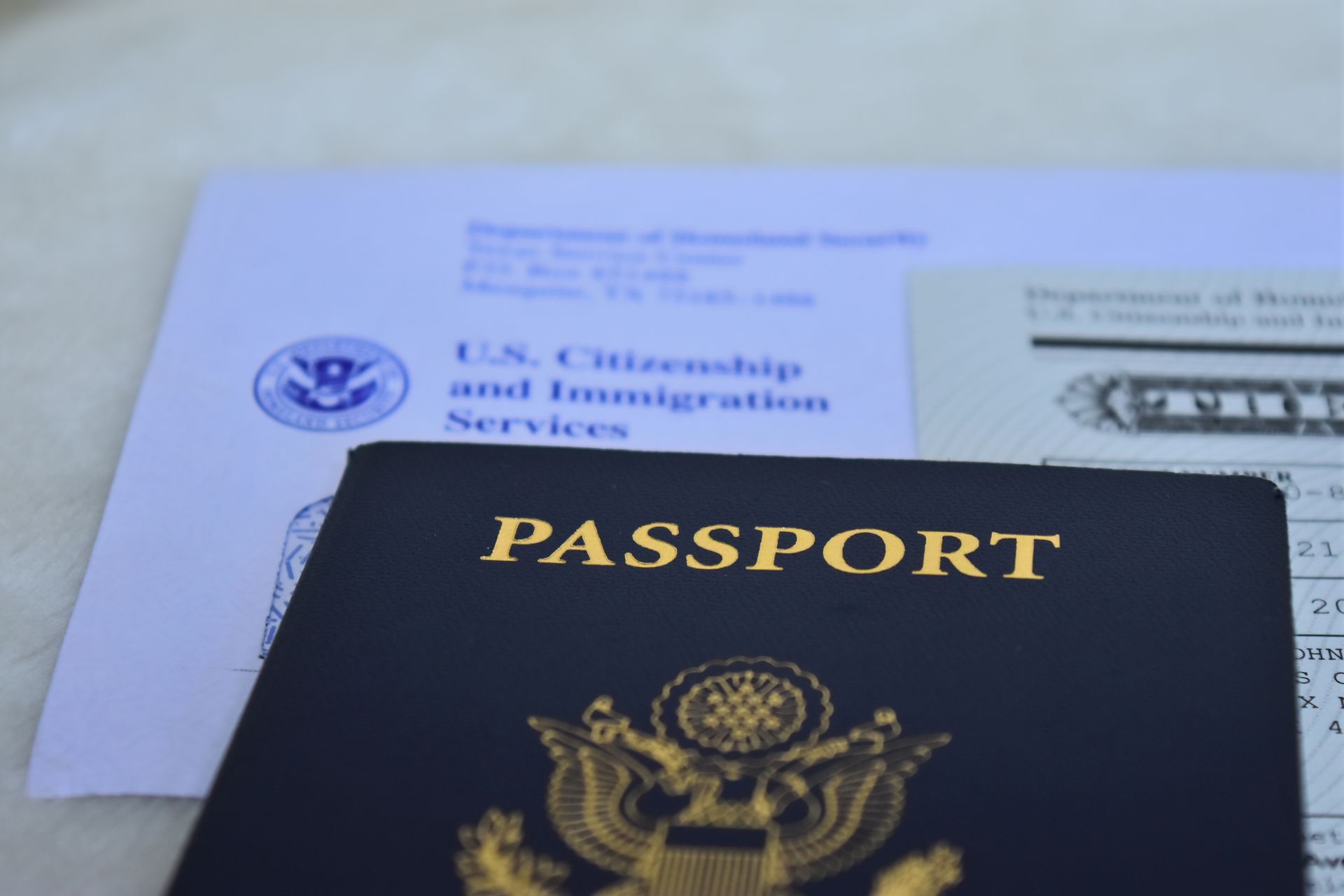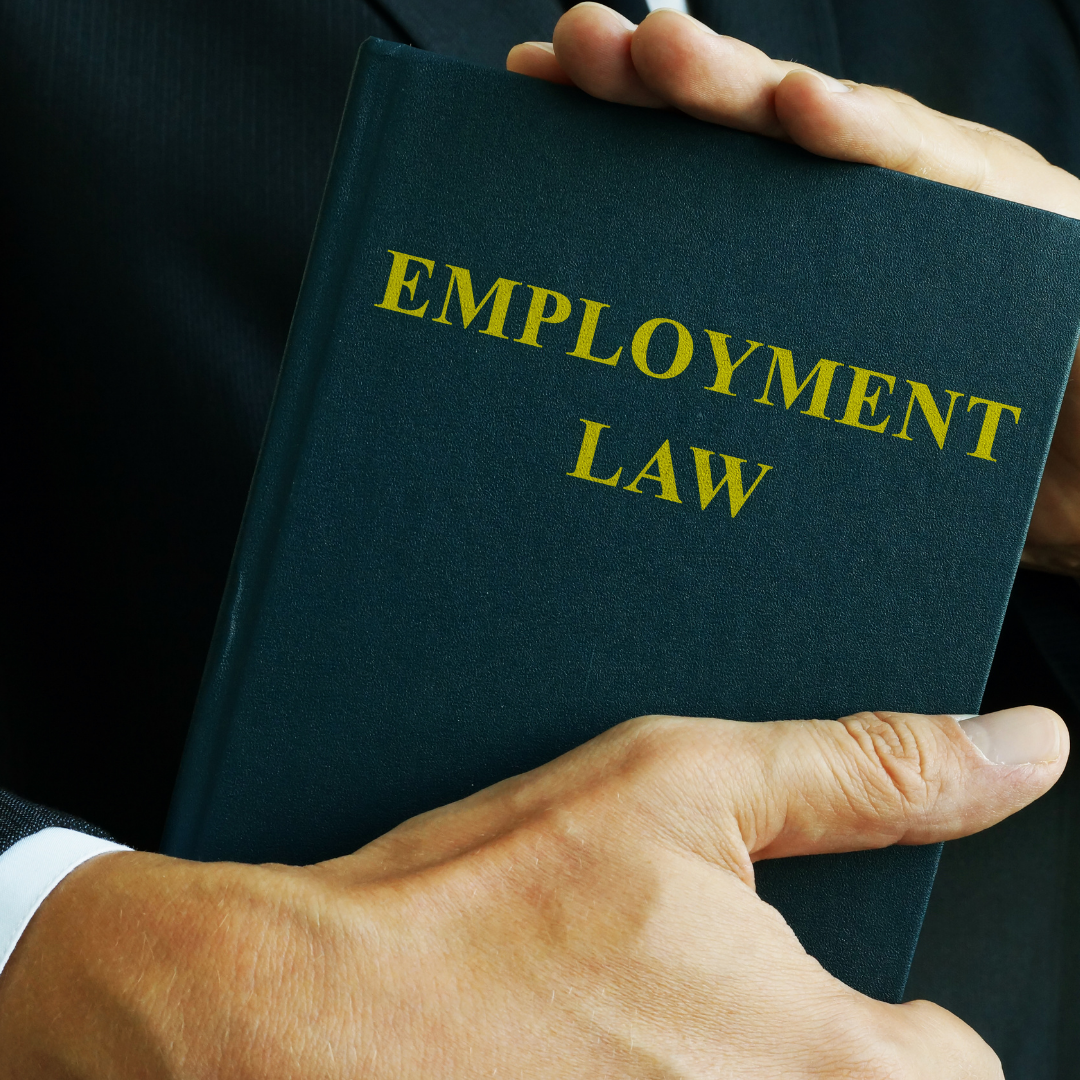March 6, 2025
As the world’s largest economy and a beacon for entrepreneurs and innovators, the United States presents a compelling destination for those seeking to merge opportunity and legacy. For many foreign investors, the EB-5 Immigrant Investor Program provides a strategic, time-tested route to permanent residency. By making a qualifying investment in a U.S. commercial enterprise, participants can bolster the American economy, create jobs, and secure a future for themselves and their families on U.S. soil. At Diaz Shafer Immigration in Tampa, Florida, our experienced attorneys understand the complexities and nuances of the EB-5 process, and we strive to guide our clients toward a successful, sustainable investment strategy. EB-5 Basics: Understanding the Requirements To qualify for an EB-5 visa, foreign investors must meet key thresholds. The current minimum investment amount is $1,050,000, or $800,000 if the project is located in a Targeted Employment Area (TEA)—a region experiencing high unemployment or rural conditions. Additionally, the investment must create at least 10 full-time U.S. jobs. Though the criteria may seem straightforward, every component demands meticulous attention, from verifying the source of funds to ensuring compliance with job creation requirements. At Diaz Shafer Immigration, we help clients understand these essential components and ensure that no detail is overlooked. Selecting the Right Investment Model EB-5 investors typically choose between two primary models: direct investment and regional center projects. Direct investments involve placing capital directly into a new or existing U.S. business and actively overseeing its operations. In contrast, regional center investments often provide a more passive approach, allowing investors to place their funds into pre-approved entities that pool capital and streamline the job creation verification process. Our lawyers at Diaz Shafer Immigration work closely with clients to identify an approach that aligns with their comfort level, risk tolerance, and long-term financial and immigration goals. Due Diligence and Mitigating Risk Due diligence is a cornerstone of a successful EB-5 strategy. Thoroughly vetting potential projects is critical to understanding the likelihood of meeting job creation requirements and protecting one’s financial investment. In addition, maintaining compliance with all immigration regulations is paramount to securing and keeping your green card. With the counsel of our knowledgeable team, investors gain the confidence that their chosen venture is grounded in transparent financials, credible business plans, and sound legal structuring. By focusing on strategic planning, we help reduce uncertainty and set the stage for a secure investment journey. Conditional Status to Permanent Residency Securing an EB-5 visa is a multi-stage process. After gaining conditional residency, investors must demonstrate that their capital remained at risk and the required jobs were created before applying to remove conditions and obtain permanent residency. This can involve complex evidence-gathering and tracking business performance over several years. At Diaz Shafer Immigration, we work hand-in-hand with our clients through every phase, from the initial application to the final condition removal. With our careful guidance, investors understand their responsibilities, anticipate potential challenges, and navigate each step with clarity. Embarking on the EB-5 journey is about more than simply investing capital—it’s about investing in your future, your family’s legacy, and the American dream. While the process can seem daunting, having a trusted partner can make all the difference. At Diaz Shafer Immigration, we pride ourselves on offering tailored advice, unwavering support, and personalized strategies that position our clients for lasting success. By approaching the EB-5 program with diligence, strategy, and professional guidance, you can lay a solid foundation for a prosperous life in the United States.













